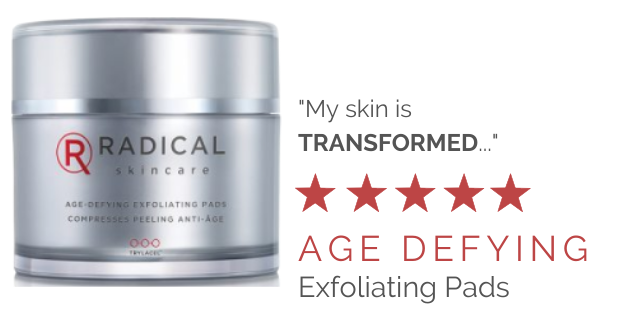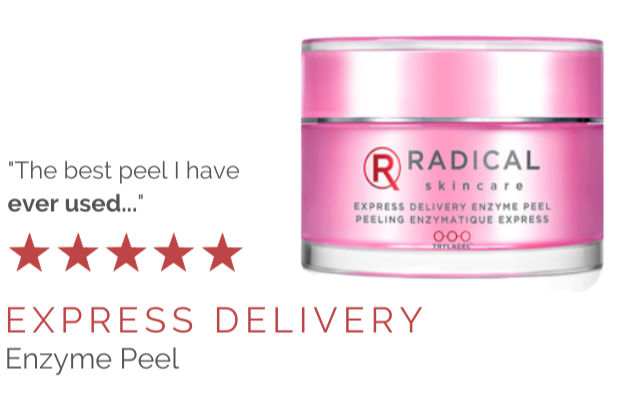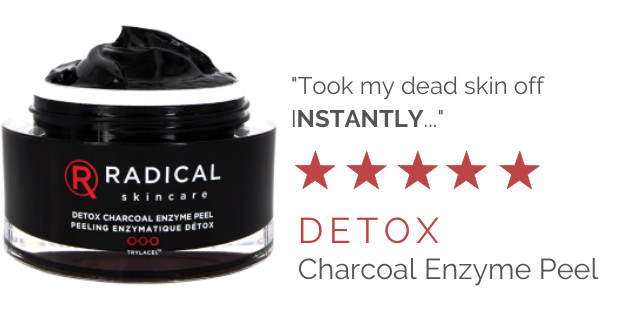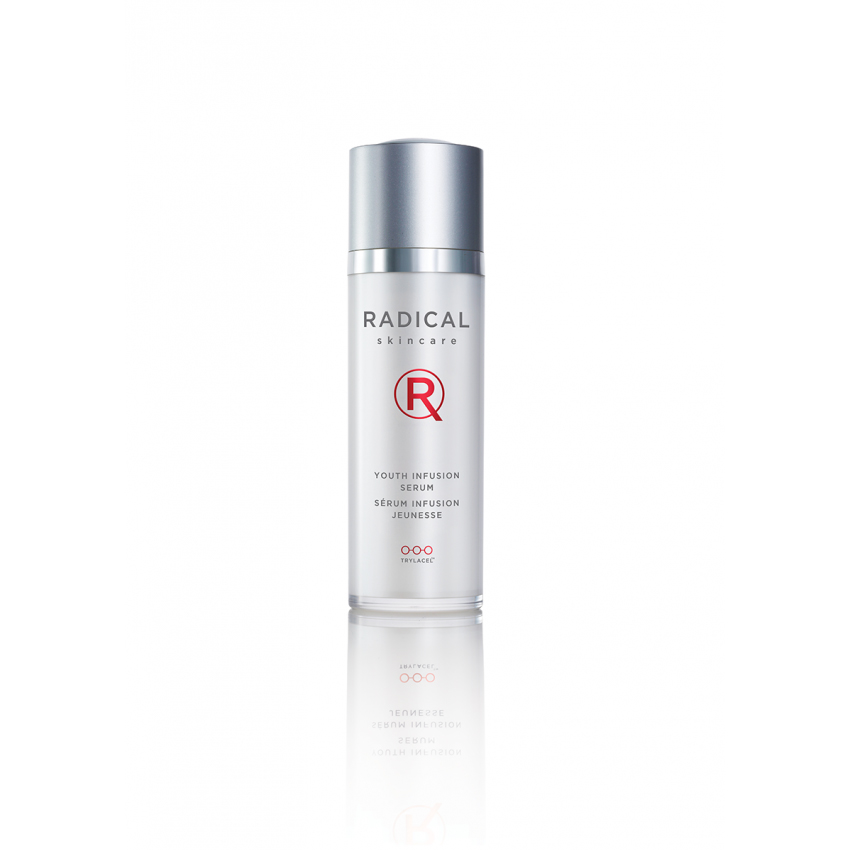No matter where you look, those three letters are seemingly everywhere! Whether it be in a gas station, retail store, or specialized shop, products labeled with the letters CBD are taking over left and right.
But what does it all mean? It may seem overwhelming to take it all in at first, but learning from the ground up can make it much more manageable.
What is CBD?
CBD, short for cannabidiol, is a naturally occurring compound found in the Cannabaceae family of plants, specifically in the genus of flowering plants known as Cannabis. These plants have a rich history of medicinal use due to their therapeutic profile, and research regarding the benefits of cannabis has gained momentum within the last 10 years.
Cannabis plants produce unique compounds called cannabinoids. Our bodies have natural receptors for cannabinoids in the endocannabinoid system, and it can be activated by phytocannabinoids (plant-based cannabinoids found in cannabis). The affected endocannabinoid system is involved in multiple physiological processes including appetite, pain-sensation, mood, and memory.
The two most abundant and commonly researched cannabinoids include cannabidiol (CBD) and perhaps the most famous cannabinoid, tetrahydrocannabinol (THC).
Will it get me high?
Because CBD comes from and is associated with cannabis, many people assume that using a product infused with CBD will have the same effects as smoking cannabis. This is not true!!
Tetrahydrocannabinol (THC) is the chemical compound responsible for the psychoactive effects of cannabis such as: a possible sense of euphoria and relaxation, heightened sensory perception, altered perception of time, and an increase in appetite. While THC may provide relaxation to the user, there is evidence to suggest that it is short-term relief and higher doses of THC have an anxiogenic effect (works to increase anxiety).
CBD does not share the same psychoactive qualities as THC.
It does not cause a “high” in users, but it has been associated with the same sense of relaxation and pain relief that THC can provide.
Unlike THC, studies suggest CBD is an anxiolytic compound (it reduces anxiety) at both low and high doses. There is even scientific evidence that CBD be used to counteract the anxiogenic characteristics of THC (Niesink & van Laar, 2013). When used in conjunction with THC, CBD will regulate cannabinoid stimulation in the brain and weaken the overall strength of the mind-altering substance.
How can CBD help in skin care?
Prior research has suggested two specific roles that CBD plays in pain management and fighting inflammation. First…
CBD directly binds to TRPV1 receptors
This is a biggie when it comes to the supposed pain-numbing powers of CBD. The TRPV1 receptor is also known as a “vanilloid receptor” named after the vanilla bean. The vanilla bean has been used as a folk cure for much of history and contains an essential oil with antiseptic and analgesic properties named eugenol. When these receptors are activated, they can influence pain perception much like eugenol, thus getting their name. They can also mediate inflammation and body temperature.
CBD as a reuptake inhibitor
In short, CBD is a reuptake inhibitor for the neurotransmitter adenosine. Delaying reuptake means that when adenosine is released in the brain, CBD blocks the reabsorption of adenosine and increases its concentration. This regulates A1A and A2A adenosine receptors, which play a significant role in our cardiovascular system. Due to the cardiovascular nature of these receptors, they have broad anti-inflammatory effects within the body.
Anti-inflammatory qualities are vital because according to DermaMedics, “inflammatory skin diseases are the most common problem in dermatology. They come in many forms, from occasional rashes accompanied by skin itching and redness, to chronic conditions such as dermatitis (eczema), rosacea, seborrheic dermatitis, and psoriasis.”
Inflammation is the root symptom of conditions such as eczema and rosacea, and fighting that inflammation is key to reducing the pain and redness associated. CBD is a budding industry at the forefront of many clinical studies, but available research suggests that CBD has the potential to fight inflammation and reduce pain. These qualities make CBD a potential game changer in skin care!
Radical Rejuvafirm™ CBD Facial Oil
For an easy entry point into the CBD world, try Radical’s Rejuvafirm CBD Facial Oil! This powerful anti-aging facial oil harnesses the power of a CBD superfood blend including Juvenessence® (arctic winged kelp), Sea Buckthorn Oil, Argan oil, Vitamin C, and more to help:
- Detoxify the skin,
- Reduce inflammation
- Address sun damage
- Reverse signs of aging
This oil-based, non-psychoactive solution reduces inflammation associated with acne-prone and problematic skin. It is safe for all skin types looking for a youthful glow! On top of CBD, another notable ingredient in this solution is Juvenessence®.
Juvenessence® is strategically sourced from the oil of arctic winged kelp (alaria esculenta) found deep within the waters of Europe and Canada. It has numerous benefits in skincare due to its ability to live and flourish in extreme climate conditions. Most notable are its anti-aging and detoxifying qualities. Juvenessence® down-regulates progerin production (a protein responsible for aging effects) in aging cells. It preserves skin tissue from accelerated aging and reactivates the metabolism of aging cells. It preserves tissue integrity against compression by boosting mitochondrial and ribosomal activity leading to significant increases in skin firmness and elasticity.

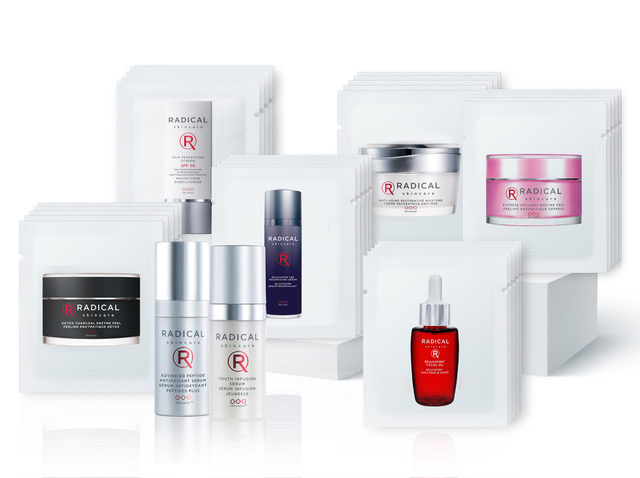
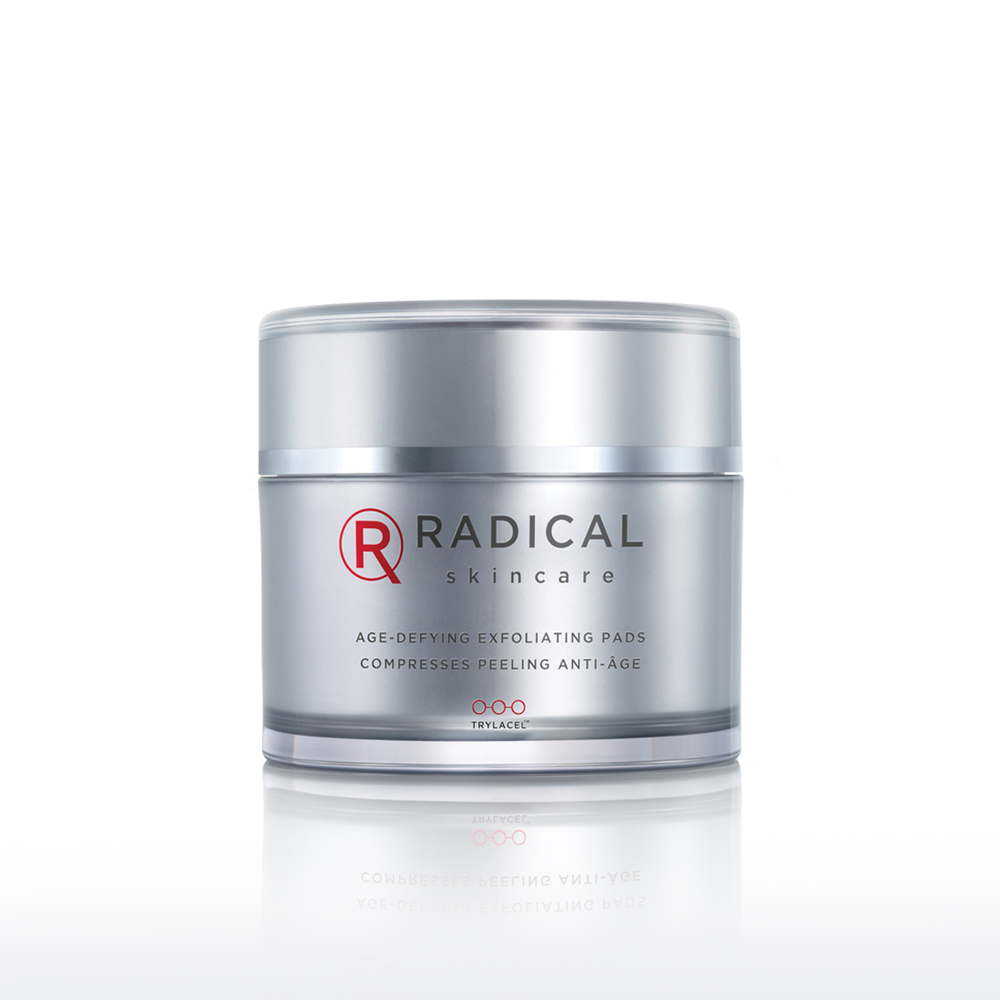

 Clear
Clear

